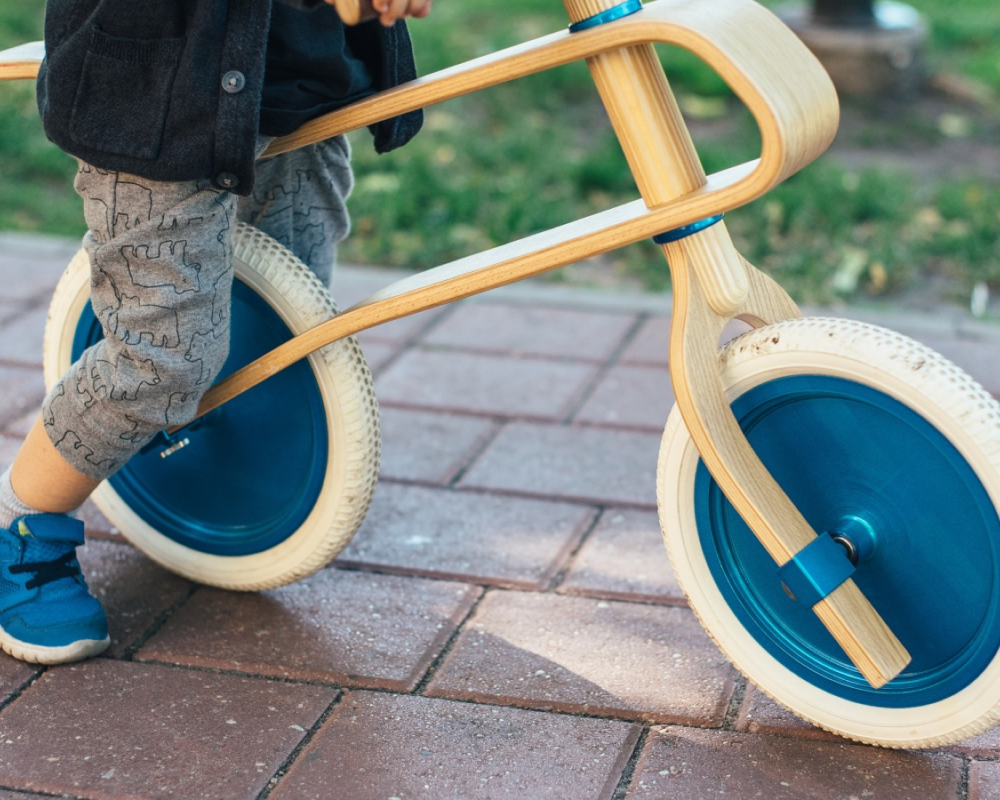In the face of the global trend towards sustainable development, one might wonder: What can young children do? One significant approach is to increase their exposure to forests and wood culture, fostering an understanding of the relationship between humans, forests, and wood, and instilling a commitment to environmental protection.
In 2004, a unique concept began to emerge in Hokkaido's forest and forestry initiatives: "Mokuiku" or "Wood Education." This term is more than just a string of words; it represents an educational movement focused on the use of wood, fostering a close relationship with trees, and understanding wood culture. The goal is to immerse citizens in the world of wood, enabling them to deeply appreciate various tree cultures.

The "Woodstart" initiative is a significant movement in Japan that encourages parents to introduce their children to wooden products from birth. Wooden items not only provide a warm, tactile experience but also offer flexible play opportunities. This early interaction with natural materials can enhance children’s sensory development, coordination, and awareness of their surroundings. Through such experiences, children can develop a more holistic sense of their environment, strengthening their learning and daily living skills.

Wood education, or "Mokuiku," is not as challenging as it might seem; it is more about adopting a mindset. By planting the seeds of this educational approach, we can nurture a generation's understanding of wood's value and promote a sustainable, environmentally-conscious lifestyle. Engaging in classes, workshops, and even art exhibitions, we can pass on the principles of wood education to the younger generation, helping them appreciate the significance of wood in their lives and cultivate a commitment to sustainability.

